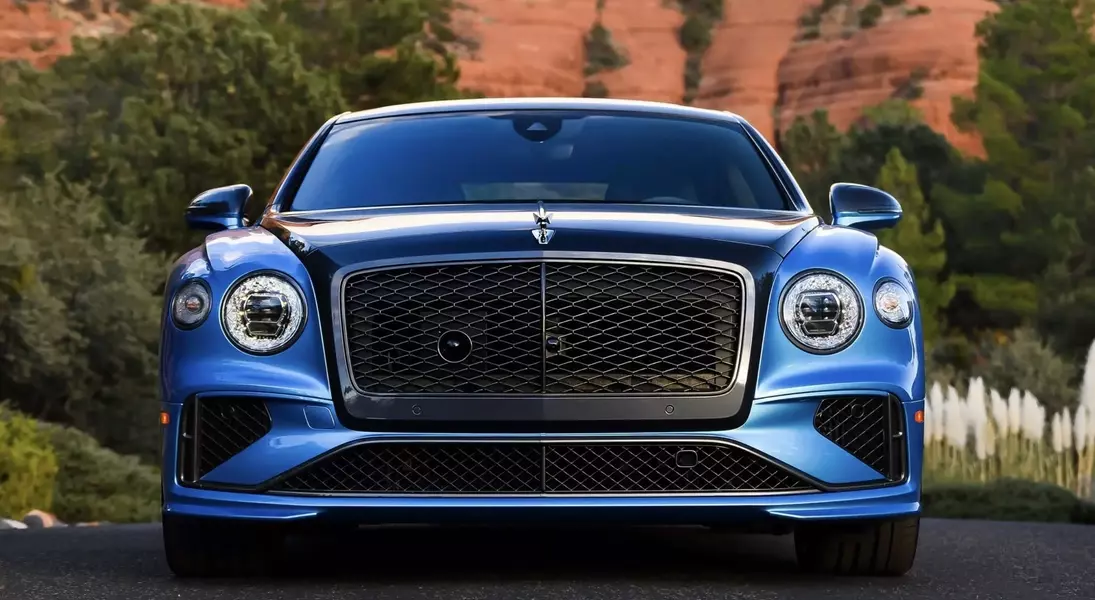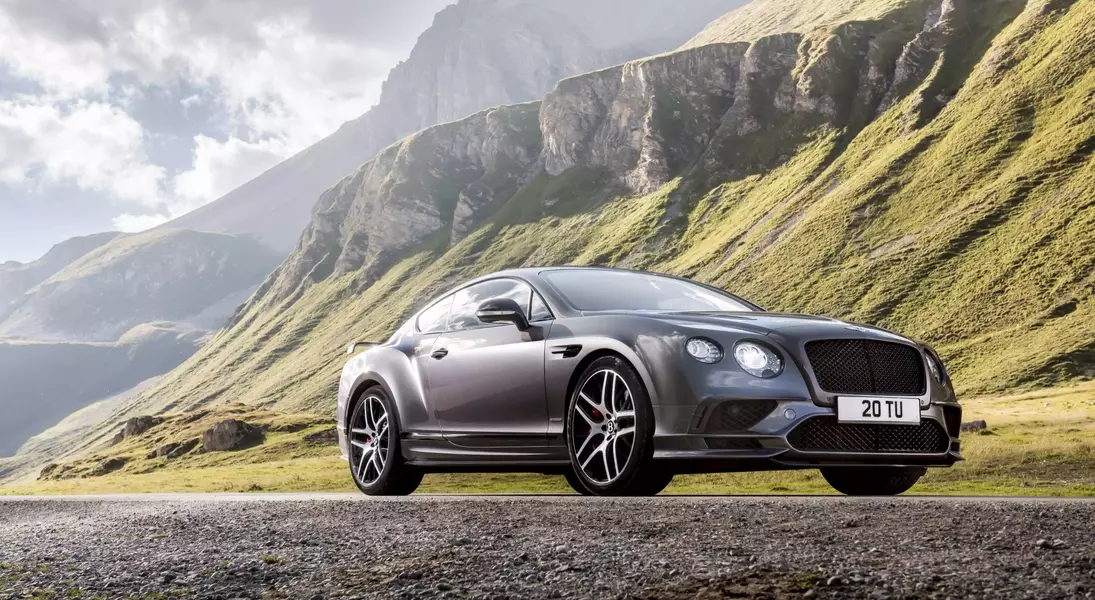




Bentley, like many luxury automotive manufacturers, is strategically revising its ambitious electric vehicle transition. Initially setting a target for an entirely electric fleet by 2035, the company is now adopting a more pragmatic, flexible approach, incorporating both hybrid and traditional internal combustion engine powertrains into its future plans. This adjustment reflects a dynamic global automotive landscape, influenced by evolving regulatory frameworks and the real-world pace of EV market penetration.
Bentley's Evolving Electrification Path
Bentley is adapting its ambitious timeline for a fully electric vehicle lineup, pushing back its previous 2035 target. This strategic pivot involves extending the production of its plug-in hybrid and internal combustion engine models, ensuring a broader range of options are available to consumers beyond the initial deadline. The luxury automaker's first all-electric vehicle, a 'Luxury Urban SUV', is still anticipated, though its market introduction has been adjusted to late 2026, with deliveries projected for 2027. This recalibration is a direct response to a more complex and evolving automotive market, requiring greater adaptability in product development and market strategy.
The company's leadership emphasizes that while the commitment to sustainability remains strong, the path to achieving it must be flexible. This means that models such as the Continental GT Coupe, Convertible, and Flying Spur will continue to be offered with hybrid variants until at least 2035, delaying their full-electric transition. This approach allows Bentley to maintain 'powertrain flexibility', catering to varying customer demands across its global markets where the adoption rate of electric vehicles differs significantly. The decision highlights a pragmatic shift from a rigid all-electric mandate to a more integrated strategy that aligns with both environmental goals and market realities, ensuring Bentley's ongoing presence and relevance in a rapidly changing industry.
Market Dynamics and Regulatory Shifts Influence Strategy
The original commitment by Bentley and other automakers to go all-electric by 2035 was largely driven by the European Union's stringent emissions targets, aiming for carbon neutrality by 2050 and zero emissions for new vehicles by 2035. However, the anticipated rapid market adoption of electric vehicles has not materialized as quickly as initially projected. This slower growth is evidenced by revised forecasts, such as S&P's adjustment of the EU EV market share for 2024 from 27% down to 21%, indicating a significant shortfall in the expected transition.
In light of these developments, the EU itself is reconsidering its mandates, with discussions around providing automakers more flexibility regarding CO2 targets. This reconsideration stems from the recognition that overly punitive regulations could impose substantial financial burdens on manufacturers, particularly during periods of economic slowdown. Bentley's revised strategy mirrors a broader industry trend where many automakers, including major players like Ford and Honda, are adopting more flexible powertrain solutions. This shift suggests a future where electric vehicle options coexist with, rather than entirely replace, hybrid and internal combustion models, focusing on an adaptable mobility ecosystem rather than an exclusive all-electric paradigm.
